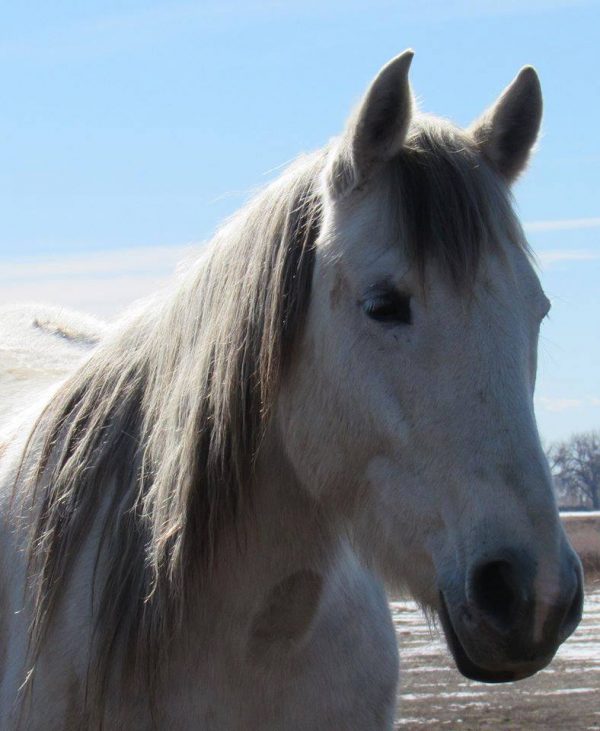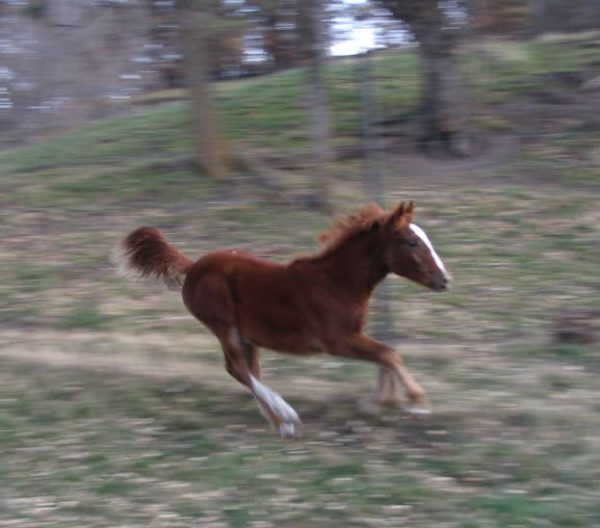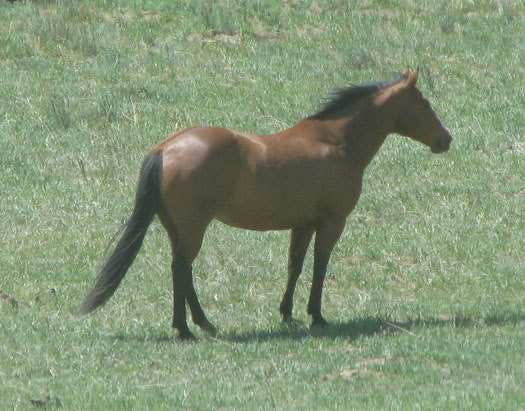Please enjoy our guest blogger series from Windhorse Legal! Jo is one of those do-it-all badass women we love to support here at Decidedly Equestrian. A lawyer, an equine professional and active in the non-profit world! She has a unique combination of legal qualifications, work experience, and equine industry involvement as a horse professional.
Recently, I have seen posts on Facebook horse groups that ask if people have plans for the care of their horse if they are incapacitated or die. Many people say they have talked to a friend or they have written some informal agreement. Unfortunately, neither or those options are ones that will hold up if the person decides not to take care of the horse. Luckily, there is a legal vehicle that allows you to plan for your horse’s future in the event you are incapacitated or die. That document is called an animal trust, and you can have one for every animal in your family, not just your horse. Currently, every state and the District of Columbia had some form of legislation that allows for animal trusts. While an animal trust is a stand-alone document so it doesn’t need to be included in your estate plan, it is a good idea to let your estate planning attorney know that you have or want one.
Horses as Property Under the Law

Horse Trusts
The way around this problem is to create a horse trust. The trust becomes active if you are incapacitated or when you die. Once you are no longer incapacitated, it is no longer active and returns control to you to handle matters concerning your horse.
A horse trust gives you the ability to provide funds for your horse’s care and to include specific instructions concerning that care. When you set up the trust, you set aside enough money in it to take care of your horse in the manner you prefer. How much money should you put into the trust? It depends on how long you want it to last. Write down a monthly budget that shows how much it costs to take care of your horse. Then decide how many months you want to provide care. For example, you may want to provide care for six months and then have a provision that if you have not regained capacity by then, you want your horse sold to someone or given to a specific person. If you want your horse taken care of after your death, you could put in enough money to care for him for several years. Make sure that the amount is reasonable, though. While horse trusts are generally not challenged in court, an argument could be made to reduce the amount you have left for care if one of your relatives or someone you left an inheritance to claim that the amount to care for your horse was excessive. Keep in mind that you can add money to the trust. So start with what you can afford and add more if that works best for your budget.

When you decide you’re ready to create a horse trust, contact an equine or animal lawyer in your state so you can be sure the state’s legal requirements for the trust are met. If you are a Massachusetts resident, please feel free to contact me to discuss one. Be sure to revisit the trust every year to make sure the funds you’ve set aside are still adequate and to make sure you don’t want to change any of the instructions for your horse’s care. Then enjoy the peace of mind knowing your horse will be taken care of if anything unexpected ever happens to you.
This blog post is for educational purposes only. It does not create an attorney-client relationship. Seek an attorney’s advice for your specific situation.

